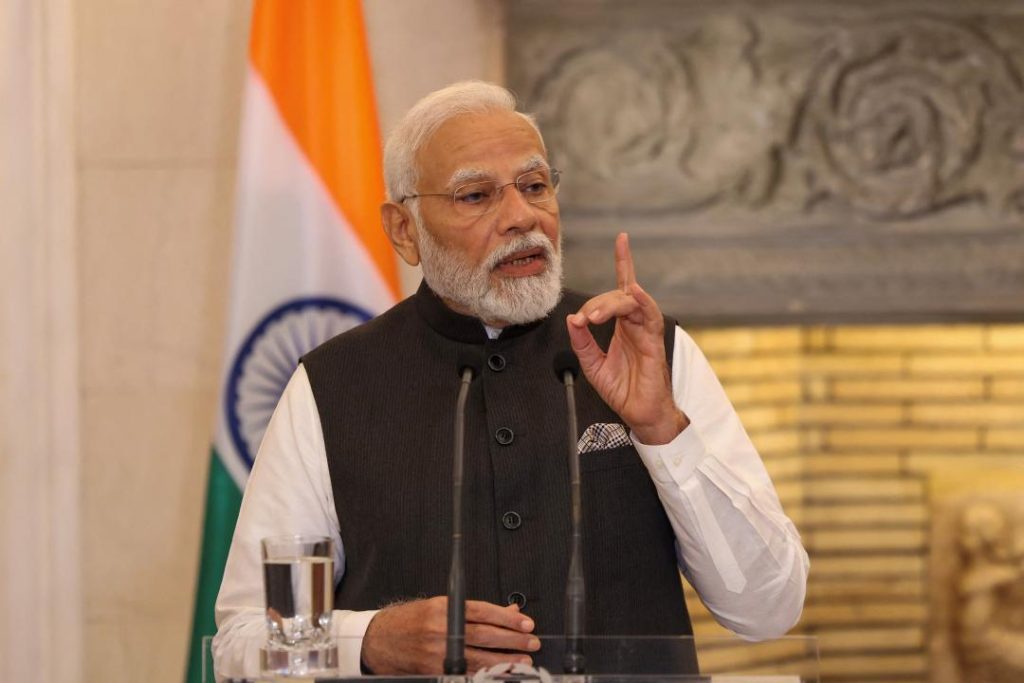
PM Urges States to Cooperate in Implementing Proposed GST Reforms
In a significant move to revamp the Goods and Services Tax (GST) regime, Prime Minister Narendra Modi has urged states to cooperate in implementing the proposed reforms. The Centre has shared the draft of the next-generation GST reforms with the states and is seeking their cooperation to implement the proposal before Diwali.
Addressing the gathering, PM Modi emphasized the importance of reforming the GST regime, stating that “for us, reform signifies the advancement of good governance, which is why we place a strong emphasis on continuous improvement.” He further added that the primary objective of the reforms is to make GST simpler, easier to understand, and more efficient.
The proposed reforms aim to address the concerns faced by businesses and taxpayers, particularly the small and medium-sized enterprises (SMEs), which have been struggling with the complexities of the current GST regime. The reforms are designed to simplify the tax structure, reduce compliance costs, and enhance the overall tax collection process.
The Centre has taken a proactive approach in sharing the draft of the proposed reforms with the states, seeking their feedback and suggestions. This move is seen as a significant step towards building consensus and ensuring that the interests of all stakeholders are taken into account.
The proposed reforms are expected to have a significant impact on the Indian economy, particularly in the areas of trade and commerce. By simplifying the tax structure and reducing compliance costs, the reforms are likely to boost economic growth, create jobs, and increase the overall competitiveness of Indian businesses.
The Centre’s decision to implement the proposed reforms before Diwali is also seen as a move to boost consumer sentiment and stimulate economic activity. The festive season is a critical period for businesses, particularly in the retail and e-commerce sectors, and any move to simplify the tax regime is likely to have a positive impact on consumer spending.
The proposed reforms are also expected to address the concerns of the taxpayers, particularly the SMEs, which have been struggling with the complexities of the current GST regime. The reforms are designed to reduce the burden of compliance and ensure that taxpayers are able to focus on their core business activities.
The Centre has also taken steps to ensure that the proposed reforms are implemented in a manner that is transparent and accountable. The government has set up a committee to oversee the implementation of the reforms and ensure that they are implemented in a fair and equitable manner.
In conclusion, the proposed reforms to the GST regime are a significant step towards simplifying the tax structure and reducing compliance costs. The Centre’s decision to implement the reforms before Diwali is also seen as a move to boost consumer sentiment and stimulate economic activity. The proposed reforms are expected to have a significant impact on the Indian economy, particularly in the areas of trade and commerce, and are likely to boost economic growth, create jobs, and increase the overall competitiveness of Indian businesses.
Source: https://repository.inshorts.com/articles/en/PTI/811ac48e-f8f6-4de8-be29-e29780a2b187






